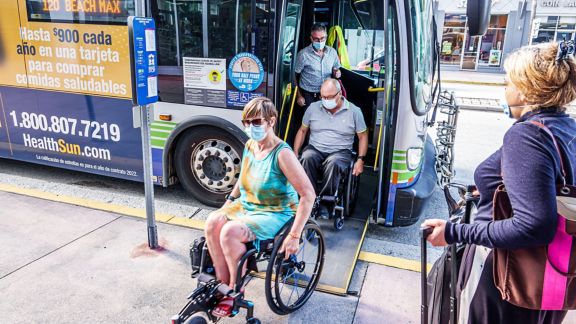Research to Support Health Insurance Auto-Plan Selection

Problem
Covered California needs reliable data to understand the outcomes of automatic insurance exchange enrollment for individuals who lose Medi-Cal coverage.
Historically, high rates of individuals transitioning out of Medi-Cal (California’s Medicaid program) because their household incomes rise above the eligibility threshold end up without health insurance. To better ensure that Medi-Cal transitioners do not go uninsured, Covered California (California’s health insurance marketplace) is implementing SB-260, which mandates that they automatically enroll Medi-Cal transitioners in the lowest cost silver plan, a process generally known as “auto-plan selection.”
This implementation is happening while record numbers of Californians are transitioning out of Medi-Cal after the end of continuous coverage during the COVID-19 federal Public Health Emergency. During the pandemic, Medi-Cal enrollees were not required to renew their coverage, and throughout the year-long unwinding of the federal government’s public health emergency, millions of Californians are having their Medi-Cal eligibility redetermined.
Covered California needs a research partner to measure the impact of this policy on health insurance coverage and on the experience of those transitioning out of Medi-Cal. Covered California also needs to understand what is happening to those individuals who are losing their coverage because they do not respond to Medi-Cal’s request for information needed to renew coverage.
Solution
NORC is conducting mixed-methods research to inform auto-plan selection implementation and understand the impact of the unwinding of COVID-era Medi-Cal coverage.
NORC is fielding two monthly surveys during the twelve months of the unwinding. One survey of Californians receiving an auto-plan selection, and the other of those who did not respond to Medi-Cal’s renewal request (sometimes referred to as procedural dis-enrollees). A primary goal of both surveys is to understand the current health coverage status of impacted Californians. Other goals include measuring understanding of changes to Medi-Cal eligibility after the pandemic, receipt—and understanding—of materials sent by Medi-Cal and covered California, actions taken related to attempts to maintain coverage, and experience with enrollment processes.
NORC is also conducting qualitative research, including focus groups and in-depth interviews. Some informed development of survey instruments, and others will dive deeper into the experiences of specific subpopulations or consumer profiles of interest.
Result
NORC’s research will inform ongoing implementation of auto-plan selection.
Findings from this project will help to guide Covered California in serving Medi-Cal transitioners through SB-260. Data will determine one measure of program success – whether people who do not accept the Covered California plan are in fact covered by other sources (e.g. an employer) or they are going uninsured. Findings will also tell Covered California whether Californians are missing, or misinterpreting, notifications about changes to and opportunities for coverage, about their broader experience of navigating coverage options after Medi-Cal, and whether different population subgroups are having different experiences and outcomes. Covered California will use these data to guide changes to outreach, communications materials, and other aspects of program implementation in their ongoing efforts to reduce the proportion of Californians without health insurance.
Related Tags
Project Leads
-
Rebecca Shore Catterson
Principal Research Director -
Susan Clapp
Senior Statistician -
Chrystine Tadler
Senior Statistician -
Ipek Bilgen
Principal Research Methodologist










